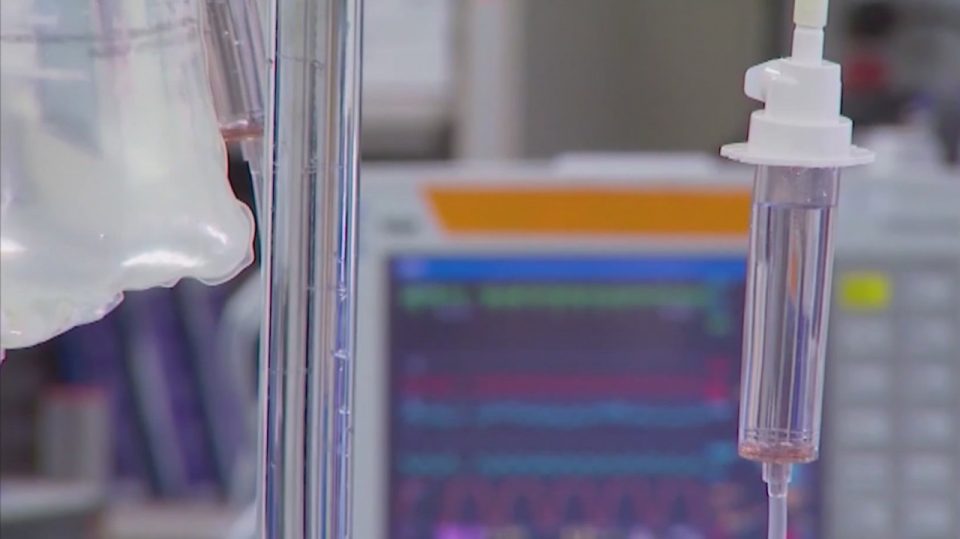ROCHESTER, N.Y. (WROC) — The COVID pandemic has severely affected the supply chain crisis and has now started to have an impact on dialysis treatment according to the National Kidney Foundation. They say treatment time, inventory for patients, and COVID infections with staff and patients– are impeding this life-saving regimen.
This has resulted in a decline of patients receiving treatment not seen in 50 years.
The foundation, along with the American Society of Nephrology, are asking for lawmakers to help fix supply chain issues to ease the backlog of patients and get medicine, masks, and other items to dialysis patients.
The NKF says the nation is still in a pandemic and most of the time, patients sit together in facilities that are not always well-ventilated; many are older with underlying conditions and are at risk of COVID infection.
NKF and ASN are asking the federal government, state and local governments to intervene and do the following:
- Alleviate supply crises (e.g., dialysate concentrates) at dialysis facilities due to lack of warehouse and trucking personnel
- Distribute high-level, government-approved face masks to dialysis facilities
- Pause a current regulation by the Centers for Medicare and Medicaid Services (CMS) requiring the use of pre-filled saline syringes, which are not available in some locations, until the acute crisis passes
- Encourage state and federal governments to allow reciprocity for nurses to allow for intrastate practice, regardless of whether the state is a compact state, during this acute crisis
Like many patients, Lawrence Brewley receives life-saving dialysis three times a week for four hours each session. This week he got a letter saying there is a national shortage of the chemicals used in his treatment, and due to this, Rochester Regional said there will be a minimal reduction in services, but Brewley feels that cannot go on for too long.
“(I’m curious to know), if the supply chain crisis continues, and there continues to be a shortage of the chemicals needed for dialysis if either Strong or Rochester Regional Health have any kind of a game plan for continuing treatment for dialysis patients,” says Brewley.
He adds, “I’m currently going through renal failure. In fact, I’m on Strong’s hospital list for a kidney transplant, and I am currently looking for donors.”
Brewley is just one of over 780,000 people in the U-S who have kidney failure, with half a million requiring life-sustaining dialysis.


